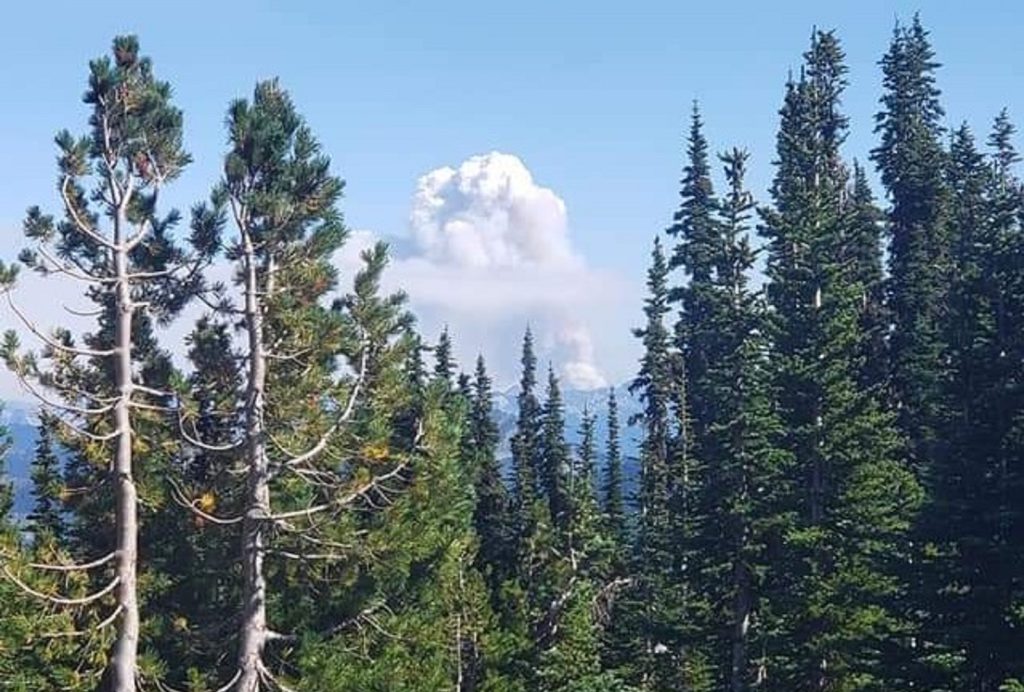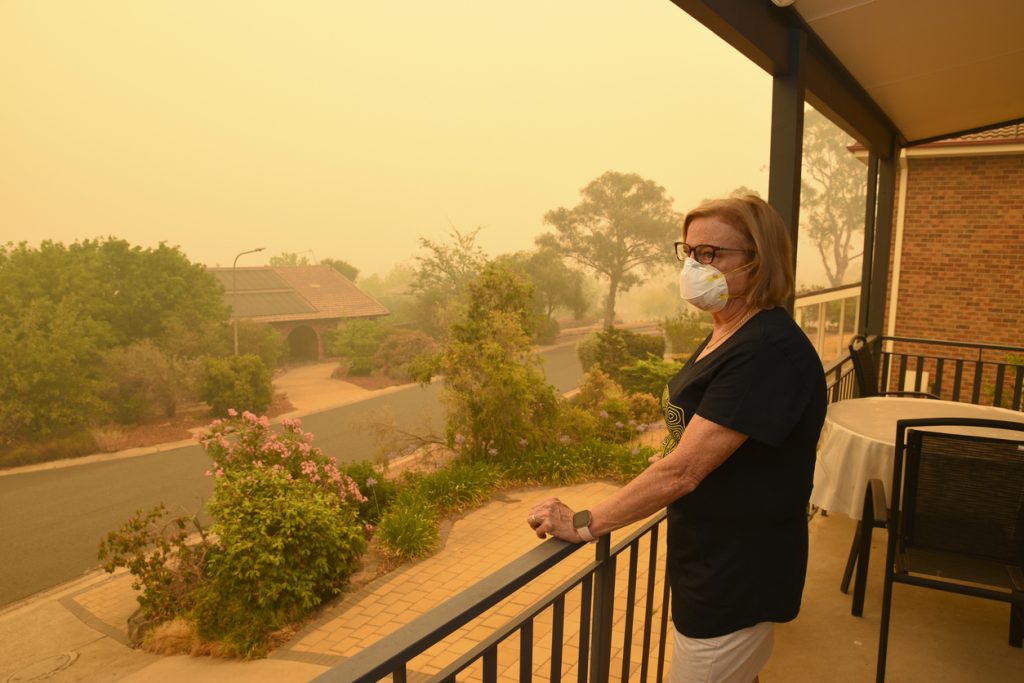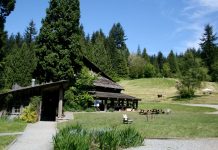With the beautiful woodlands and expansive wilderness, wildfires and the smoke they bring to the air are now a vital health consideration when living in the Pacific Northwest. Due to the increasing frequency and intensity of wildfires in our region, poor air quality can lead to lingering health effects long after the fire is out and the smoke has cleared.
According to Dr. Seth Hartung, who works in Pulmonary and Critical Care Medicine with Western Washington Medical Group, most people do not know wildfire smoke and repeated exposure to airborne particulate matter can affect all aspects of your health, even if you don’t have chronic respiratory disease.

What is Wildfire Smoke?
Reactive compounds from wildfire smoke contain harmful gases and fine particles released into the air when the forests burn, including particulate matter, carbon monoxide, nitrogen dioxide and sulfur dioxide. The smoke’s composition differs depending on the type of material burning, the fire’s intensity and the weather conditions at that time.
Health Hazards of Wildfire Smoke
The hazards of wildfire smoke to humans vary depending on the smoke’s concentration, length of exposure and the person’s health. Those with pre-existing conditions, children, those who are pregnant, and the aging are at a higher risk for issues with their health from exposure to wildfire smoke. Certain people will be more sensitive to smoke in the air than others.
“Patients with respiratory and cardiovascular diseases are at risk of having symptoms and developing an illness,” says Dr. Hartung. “In particular, people with respiratory diseases such as asthma, bronchiectasis or COPD should be aware that new or worsening respiratory symptoms, chest pain, weakness or excess fatigue that don’t improve quickly after limiting the exposure should seek medical attention.”

Some common health problems associated with wildfire smoke exposure include irritation of the eyes, nose, and throat, coughing and wheezing, shortness of breath or asthma attacks. Beyond these immediate health effects, smoke exposure can alarmingly lead to heart disease and lung damage, as well as cancer, stroke and even premature death.
“Staying healthy is a daily process, and developing good habits will help you remain as healthy as possible during times of wildfire smoke exposure,” says Dr. Hartung.
Health problems related to wildfire smoke can be cumulative, so even if you’ve only had short-term exposure, it adds up and increases health risks over time. It is difficult to predict the health effects of wildfire smoke, but if you have concerns, it’s best to talk to your doctor and plan to protect your health.
“People can get assistance from their doctor and health care teams by checking that they have a plan in place for when wildfire smoke is present in their area,” says Dr. Hartung. “This can include how to reduce exposure or additional medication to have on hand if appropriate.”

How to Learn More About Wildfire Smoke
Much like our region’s weather, the air quality changes daily. Find the current air quality by checking the Air Quality Index (AQI) for where you live. Simply enter your zip code, city or state and instantly see if the air is good, moderate, unhealthy for sensitive groups, unhealthy, very unhealthy or hazardous with corresponding numbers and colors for easy visuals.
Beyond the current air quality, AQI also shows smoke forecasts, regional maps, which are helpful when traveling, and smoke trends for the day, week or month. You can also sign up for email notifications for the air quality in your area. These helpful tools are essential when planning for safe activities, particularly outdoors.

What to Do When Wildfire Smoke is in Your Area
It is essential to protect your health when smoke is in the air. The easiest way is to stay inside as much as possible and close your windows and doors. If you can, run an air purifier to clean the air inside. If you must be outdoors, avoid strenuous activities and drink plenty of fluids.
Long after the blaze is put out and the billowing plumes of smoke are gone, the consequences of smoke exposure can continue. If you experience any health problems after exposure to wildfire smoke, seek medical attention immediately.
“Wildfire smoke exposure is the current reality of living in our area,” says Dr. Hartung. “Staying healthy is more important than ever, and good health habits will help minimize the detrimental effects of wildfire smoke.”
Sponsored











































